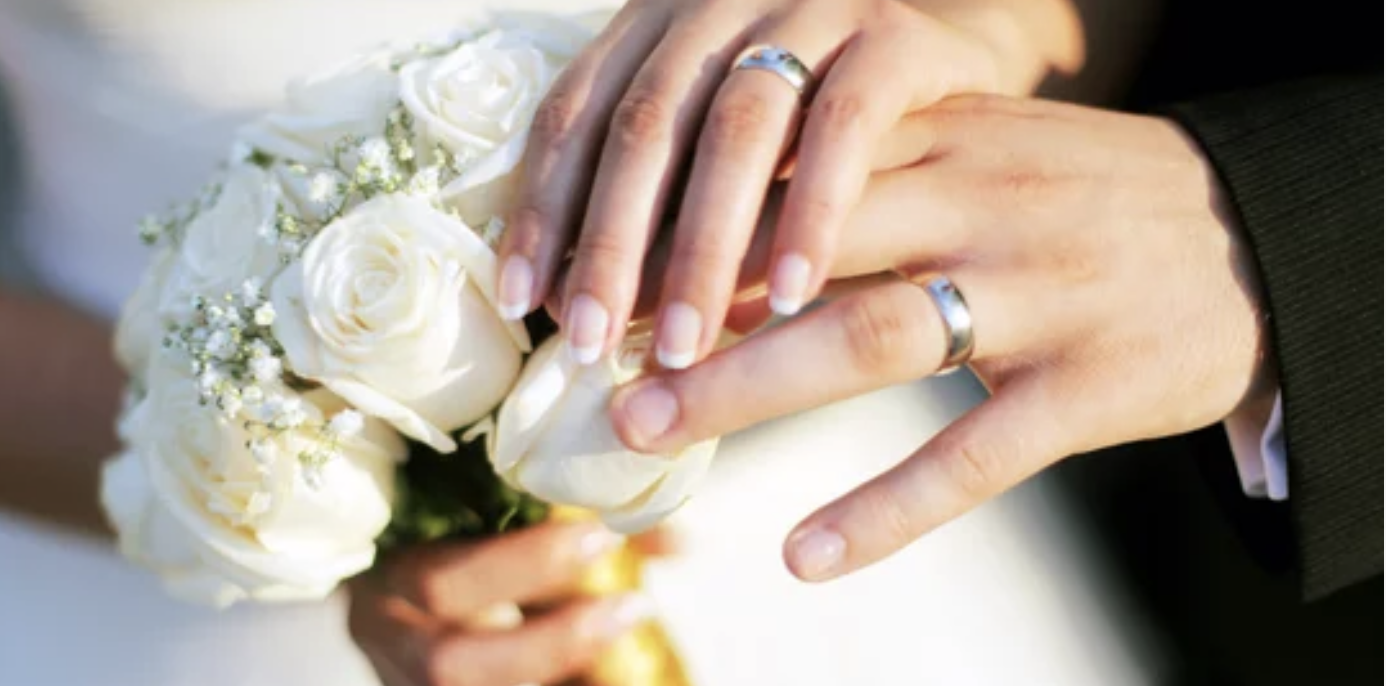Penna Dexter
With marriage rates down 60 percent since the 1970’s, some well-known authors are putting out books touting marriage. University of Virginia sociology professor, Brad Wilcox makes the case for marriage in his new book, Get Married: Why Americans Must Defy the Elites, Forge Strong Families and Save Civilization.
In interviews, he points out that “a lot of young adults today are under the impression that what really matters in life is your education, building your own brand, and especially investing your life in a career.” He says, “there’s a sort of false orientation to a more individualistic and workist or careerist approach to life.” He calls this the “Midas mindset” and it’s a major factor in the tendency of young adults to marry later or not to marry at all.
Novelist and philosopher Cheryl Mendelson has a new book that The Wall Street Journal’s Tara Isabell Burton describes as “fascinating and morally serious.” Vows: The Modern Genius of an Ancient Rite chronicles the evolution of wedding vows describing how love became increasingly central to the vows and to marriage itself.
A key date is 1549, when a consultation of bishops met and produced the first Book of Common Prayer which became a permanent feature of the Church of England’s worship and a key source for its doctrine. It is generally assumed that this book is largely the work of Thomas Cranmer, the Archbishop of Canterbury, during Henry the VIII’s break with Rome. Archbishop Cranmer built upon robust medieval vows, adding the promises “to love and to cherishe.” Cheryl Mendelson says the vision of marriage that emerged brought to English society “a quiet reservoir of freedom and equality, encouraging individualism and free choice.”
But this brand of individualism and free choice is different from Brad Wilcox’s “Midas mindset” in which “self-written vows are as common as traditional ones.”
The Journal’s reviewer, Ms. Burton concludes, “there is something to those old school words” and “the ideals behind them.”
 Listen Online
Listen Online Watch Online
Watch Online Find a Station in Your Area
Find a Station in Your Area










 Listen Now
Listen Now Watch Online
Watch Online
